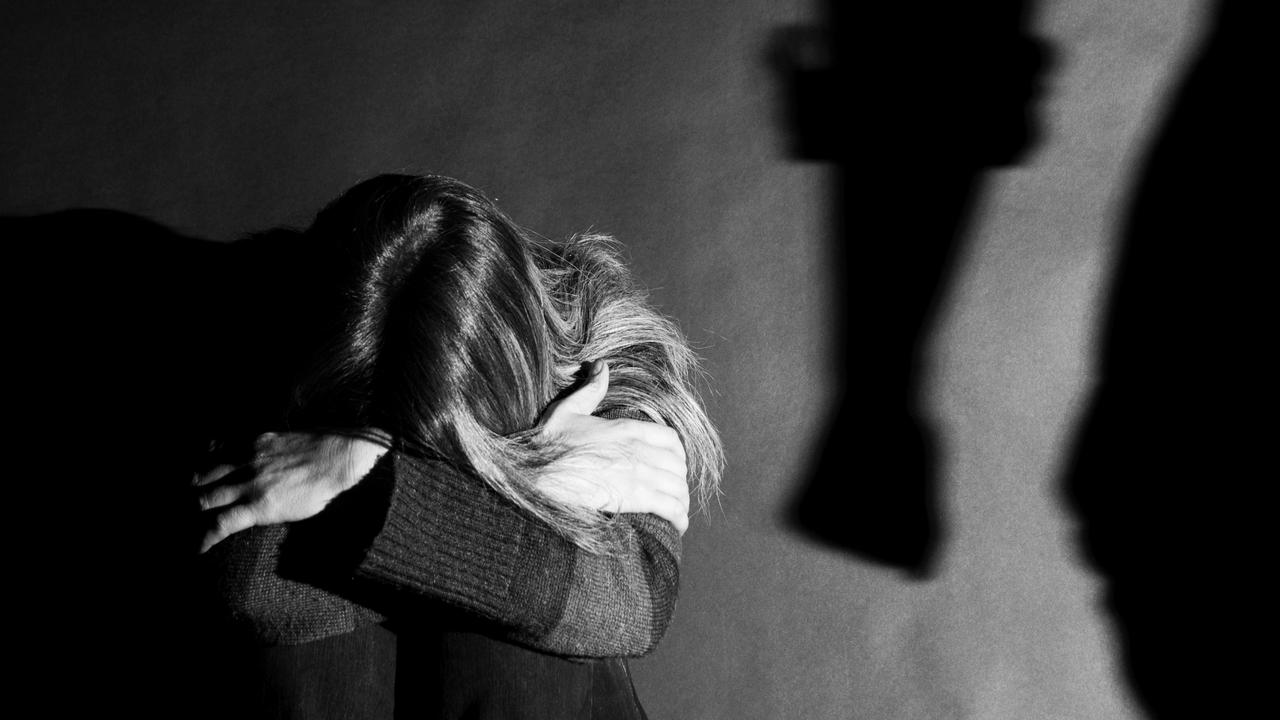Influx of venomous jellyfish leave beaches closed and people in hospital following deadly sting
A mum holidaying in the Whitsundays has cautioned others to be wary of Irukandji jellyfish after her seven-year-old was left screaming in pain and flown to hospital, with at least seven people stung by the tiny creatures in the past week alone.
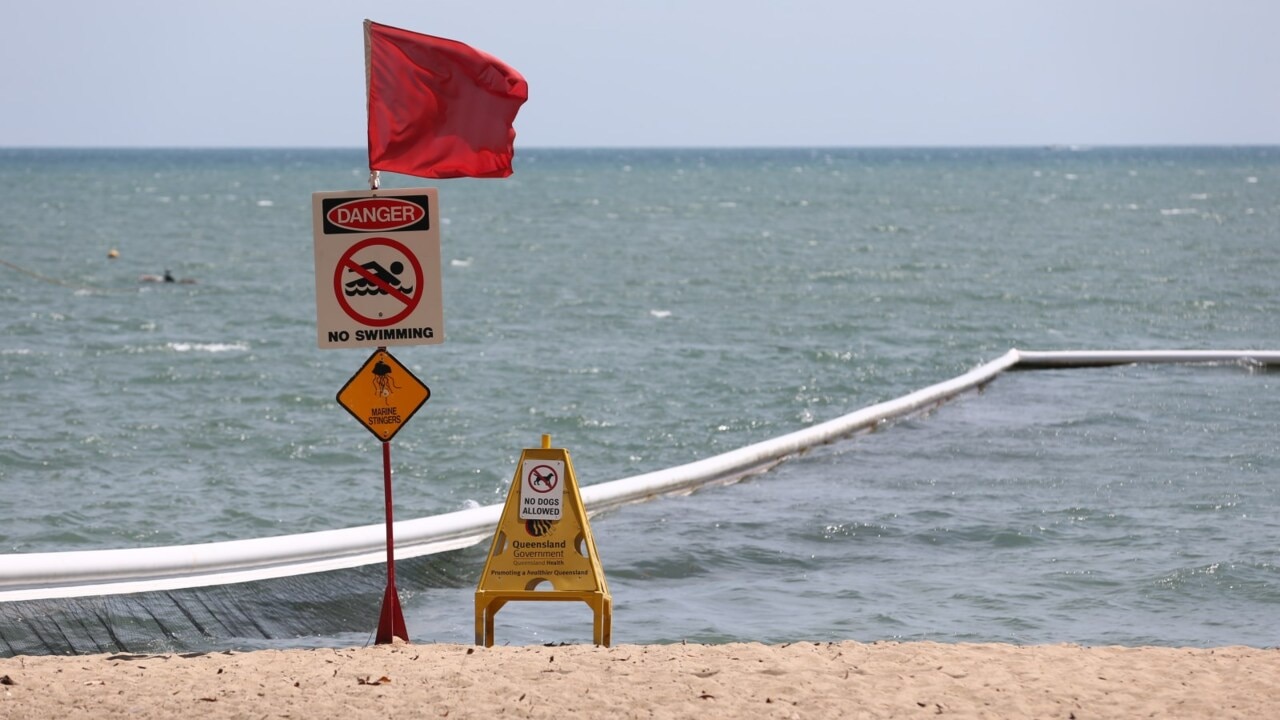
QLD News
Don't miss out on the headlines from QLD News. Followed categories will be added to My News.
A mum holidaying in the Whitsundays has cautioned others to be wary of Irukandji jellyfish after her seven-year-old was left screaming in pain and flown to hospital.
He was one of at least seven people taken to hospital following a sting from the deadly jellyfish this week alone.
Several beaches in Far North Queensland are expected to remain closed this week following an influx of the jellyfish.
Lorna Roach said her family didn’t bother to hire stinger suits on Monday morning as they were just going for a quick dip in the shallows of Catseye Beach at Hamilton Island.
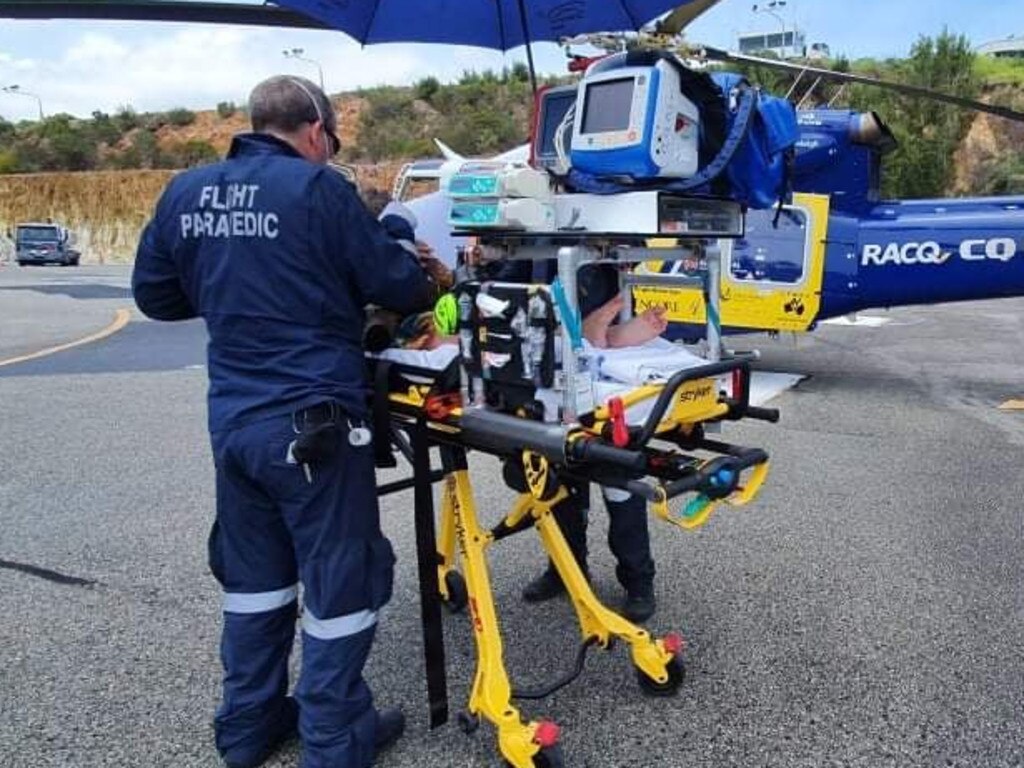
Within 15 minutes of her son Jonah leaving the water he began complaining of severe abdominal, stomach and arm pain, and suspected he had been stung.
Small welts appeared on Jonah’s arm as he told his parents he felt ill enough to require an ambulance.
“We took him straight to the medical centre as he began to deteriorate very quickly,” Ms Roach said.
“The medical centre was closed and by this stage he couldn’t stand so we laid him down on the back of our golf buggy and phoned triple-0.
“He began vomiting and wasn’t alert, screaming in pain.”
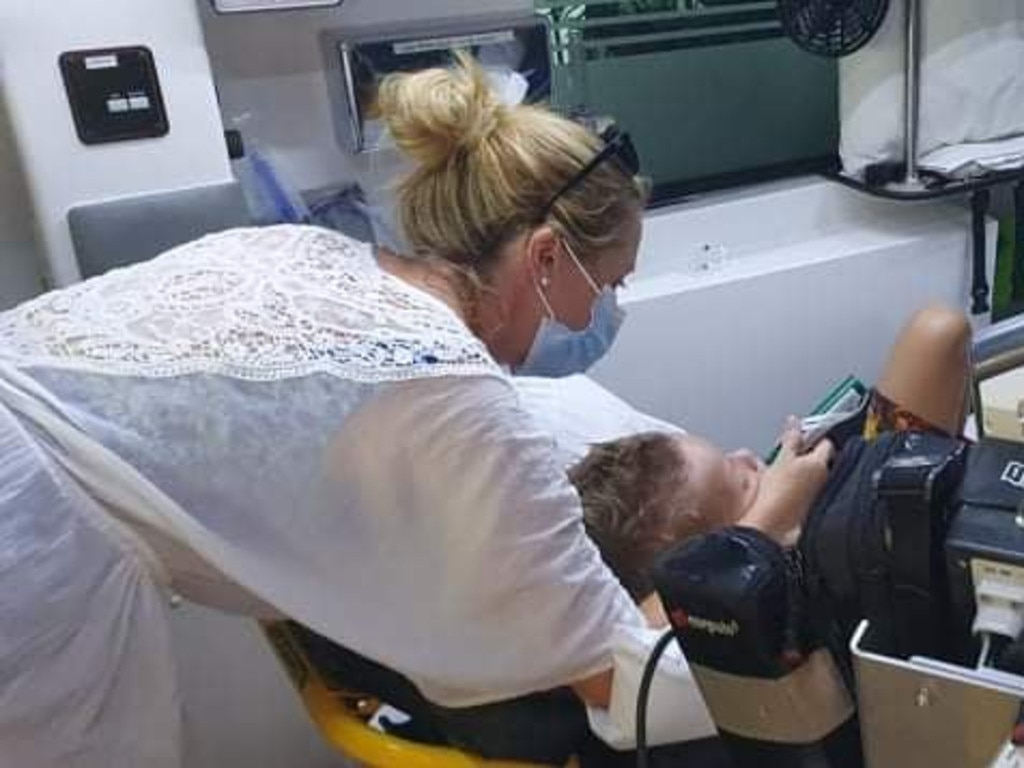
Ms Roach said she couldn’t be more grateful for the “fantastic” paramedics who arrived in five minutes and treated Jonah in an ambulance.
They called a helicopter and Jonah spent Monday night in Mackay Hospital’s children’s ward under observation.
He was weak and tired on Tuesday, but doing okay as he was discharged from the hospital and made his way back to Hamilton Island with his family.
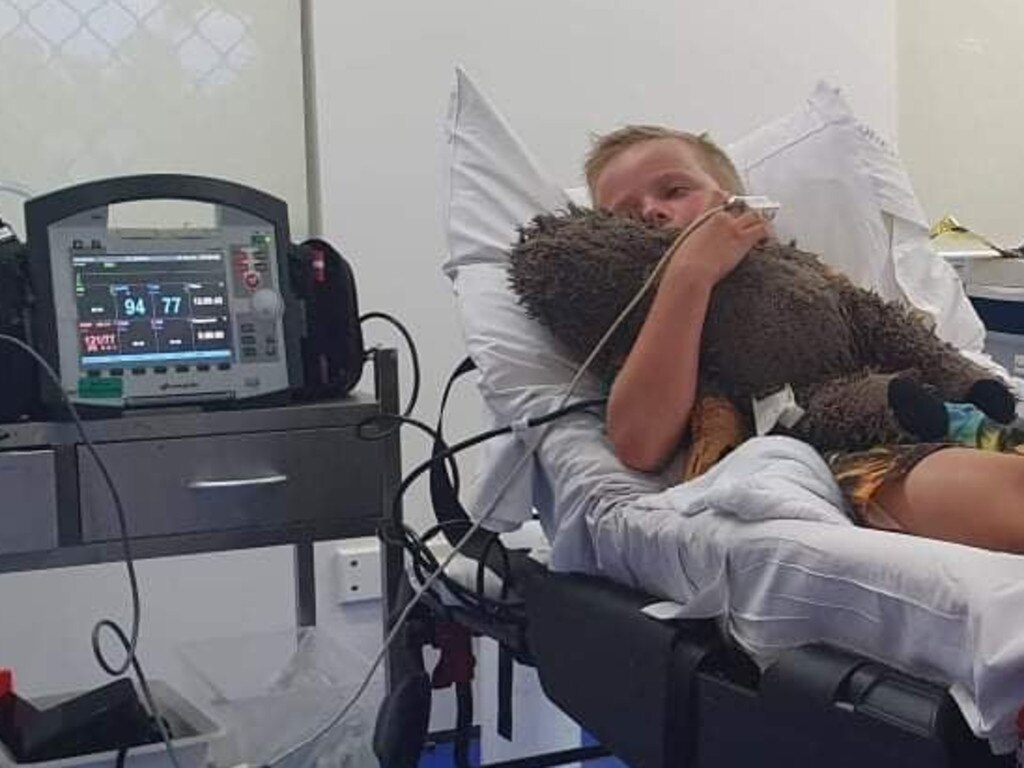
A Cairns and Hinterland Hospital Health Service spokesman said six people had been treated in the last 48 hours and urged the public to heed advice from Surf Life Saving Queensland (SLSQ).
He said the patients comprised four women, a 15-year old girl and a six year old boy.
Earlier this month, children aged 13, 11 and seven were flown to Mackay and Townsville hospitals for treatment after suffering from suspected painful Irukandji stings after swimming at a beach in Bowen.
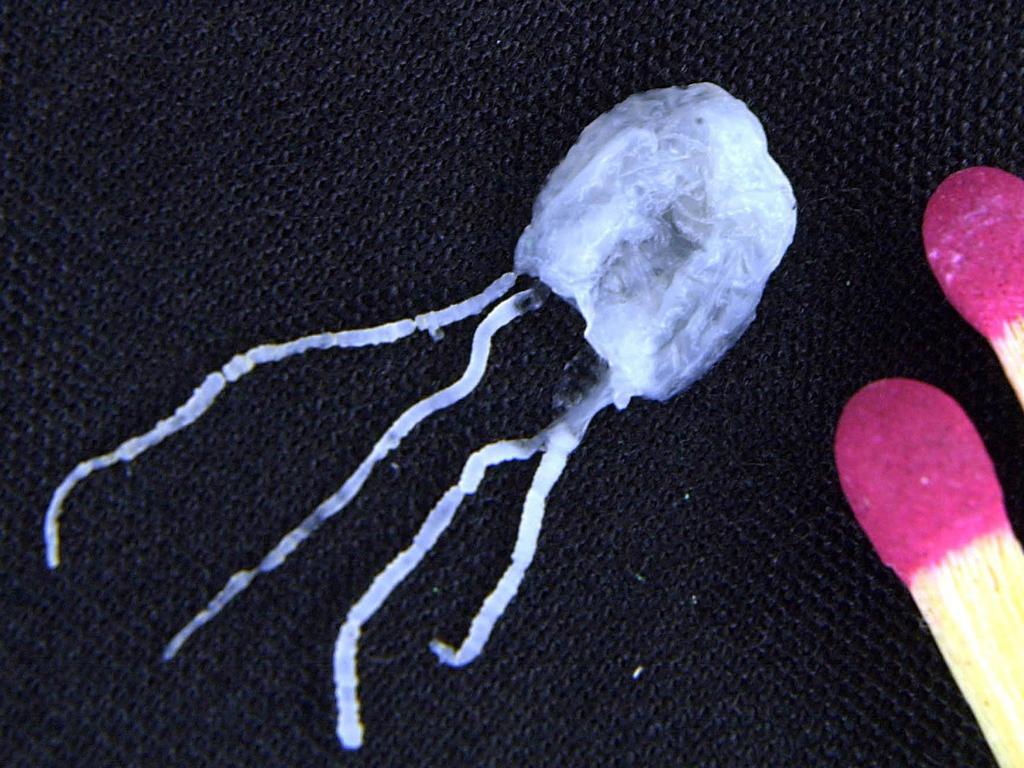
The next day, a 57-year-old Clairview woman was taken to Mackay Base Hospital and another swimmer – who was at Dingo Beach – was taken to Proserpine Hospital after both being stung by jellyfish.
The Irukandji is a small, venomous species of box jellyfish about 2cm in diameter, making it difficult for swimmers to notice in the water.
They are regularly found in tropical waters from Bundaberg to Geraldton in Western Australia, from November to May, though reports of Irukandji syndrome in Far North Queensland have been recorded for all months of the year.
Symptoms can appear five to 45 minutes after the initial sting and include a severe backache or headache, shooting pains, nausea and vomiting.
Ms Roach said for those weighing up whether or not to hire a stinger suit on their Whitsundays holiday- the risk wasn’t worth the saved effort.
“Even for a quick swim,” she said.
“It’s something we didn’t think would happen to us.”
– With Jodie Munro O’Brien


